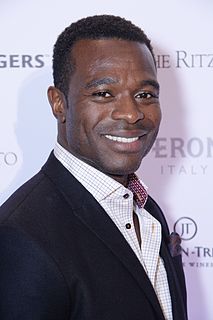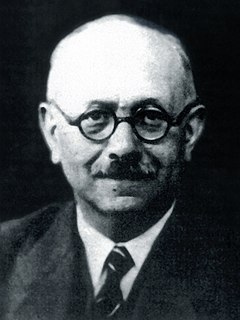A Quote by John le Carre
But I think the real tension lies in the relationship between what you might call the pursuer and his quarry, whether it's the writer or the spy.
Related Quotes
It's part of a writer's profession, as it's part of a spy's profession, to prey on the community to which he's attached, to take away information - often in secret - and to translate that into intelligence for his masters, whether it's his readership or his spy masters. And I think that both professions are perhaps rather lonely.
I don't think that writing, real writing, has much to do with affirming belief--if anything it causes rifts and gaps in belief which make belief more complex and more textured, more real. Good writing unsettles, destroys both the author and the reader. From my perspective, there always has to be a tension between the writer and the monolithic elements of the culture, such as religion.
Writing is alchemy. Dross becomes gold. Experience is transformed. Pain is changed. Suffering may become song. The ordinary or horrible is pushed by the will of the writer into grace or redemption, a prophetic wail, a screed for justice, an elegy of sadness or sorrow. ... There is always a tension between experience and the thing that finally carries it forward, bears its weight, holds it in. Without that tension, one might as well write a shopping list.
It is quite easy to debase the sport, change its values, dilute its ethics and destroy its traditional associations with quietness, relaxation and the opportunity to think. Angling is not a competitive sport. The fisherman'- s only real competition is with his quarry and his only real challenge is the challenge to himself. Nothing can add to this, but the blight of interhuman competition can certainly detract from it.
The right of ordinary citizens to possess weapons is the most extraordinary, most controversial, and least understood of those liberties secured by Englishmen and bequeathed to their American colonists. It lies at the very heart of the relationship between the individual and his fellows, and between the individual and his government.





































